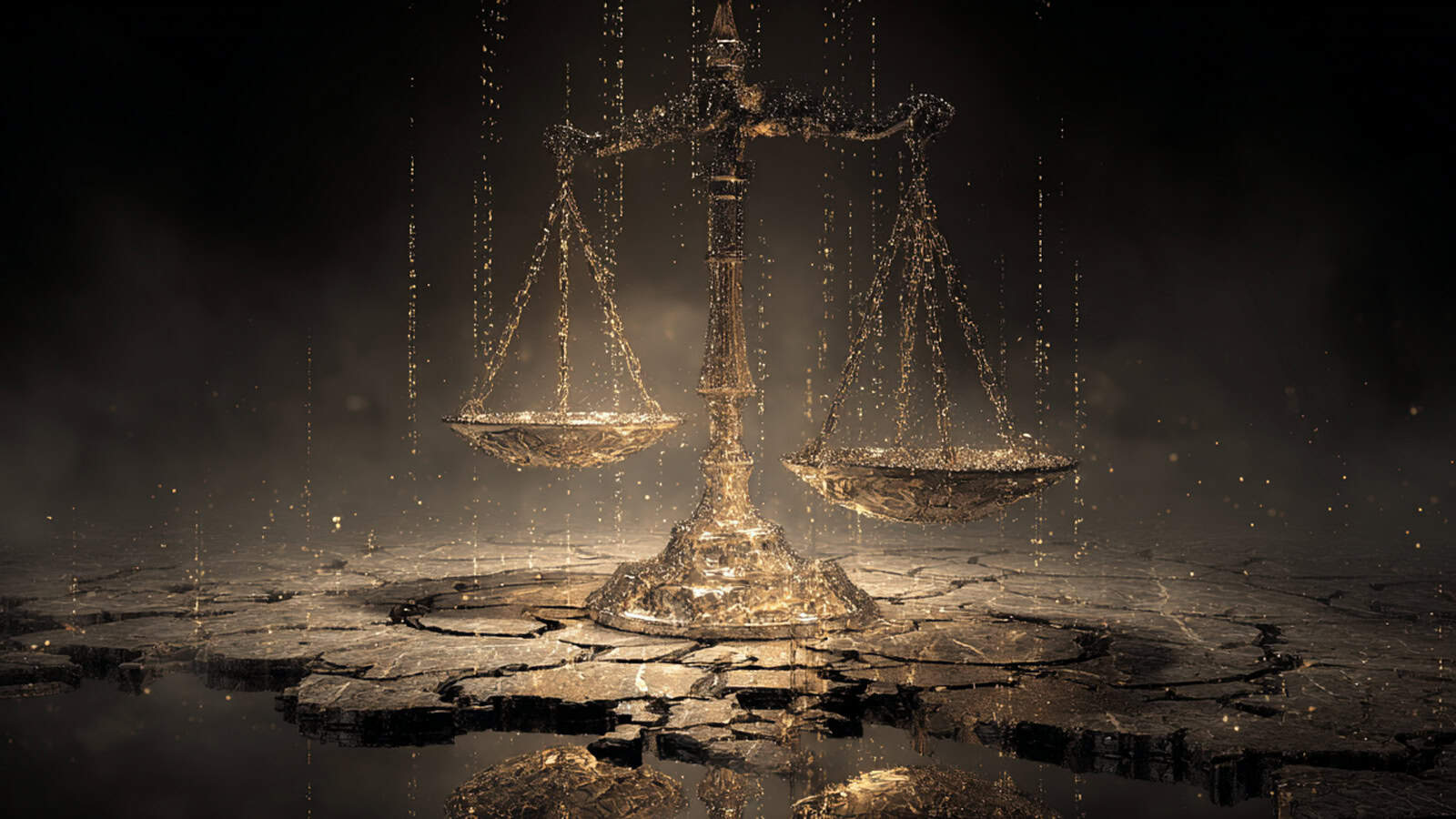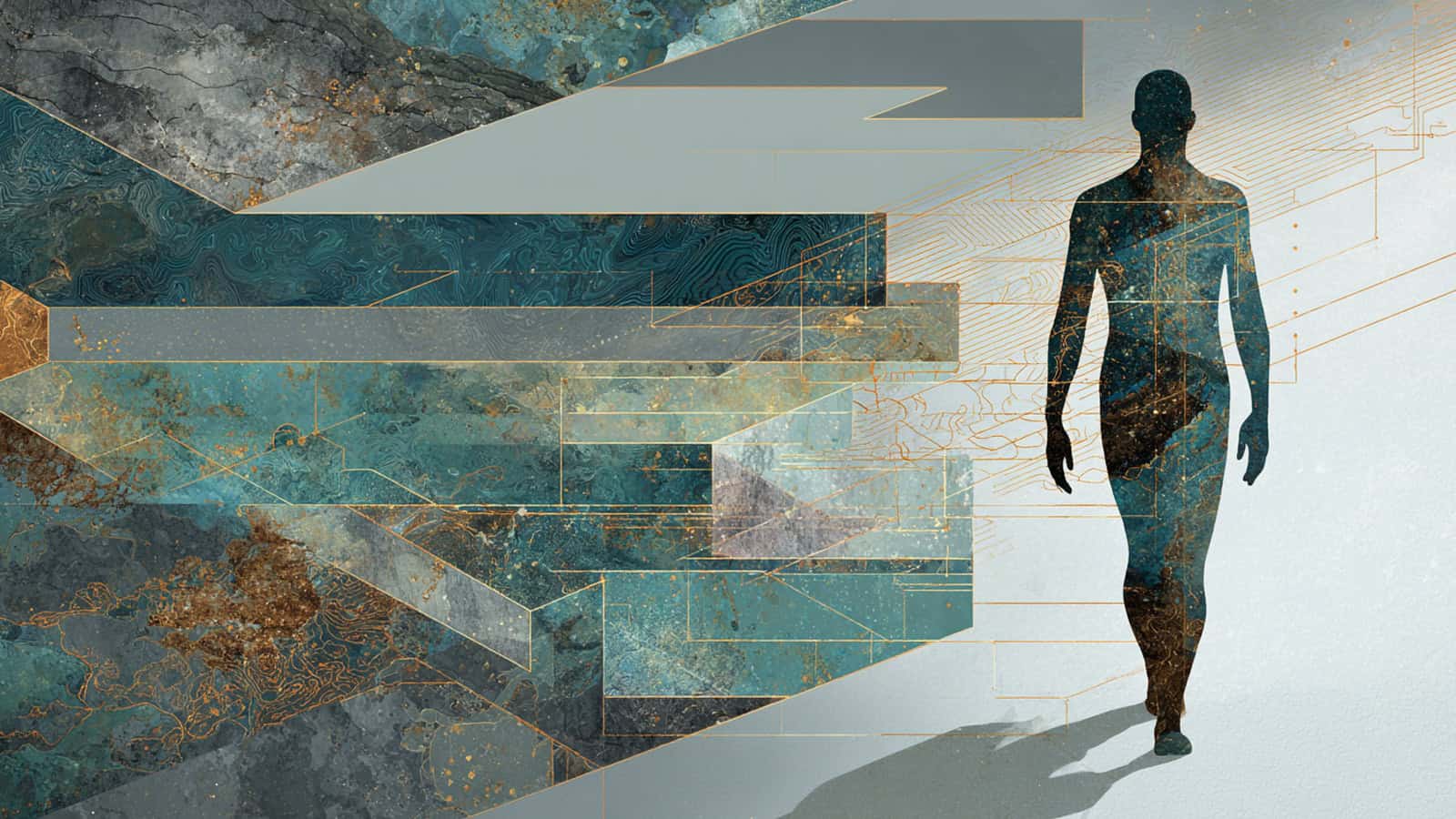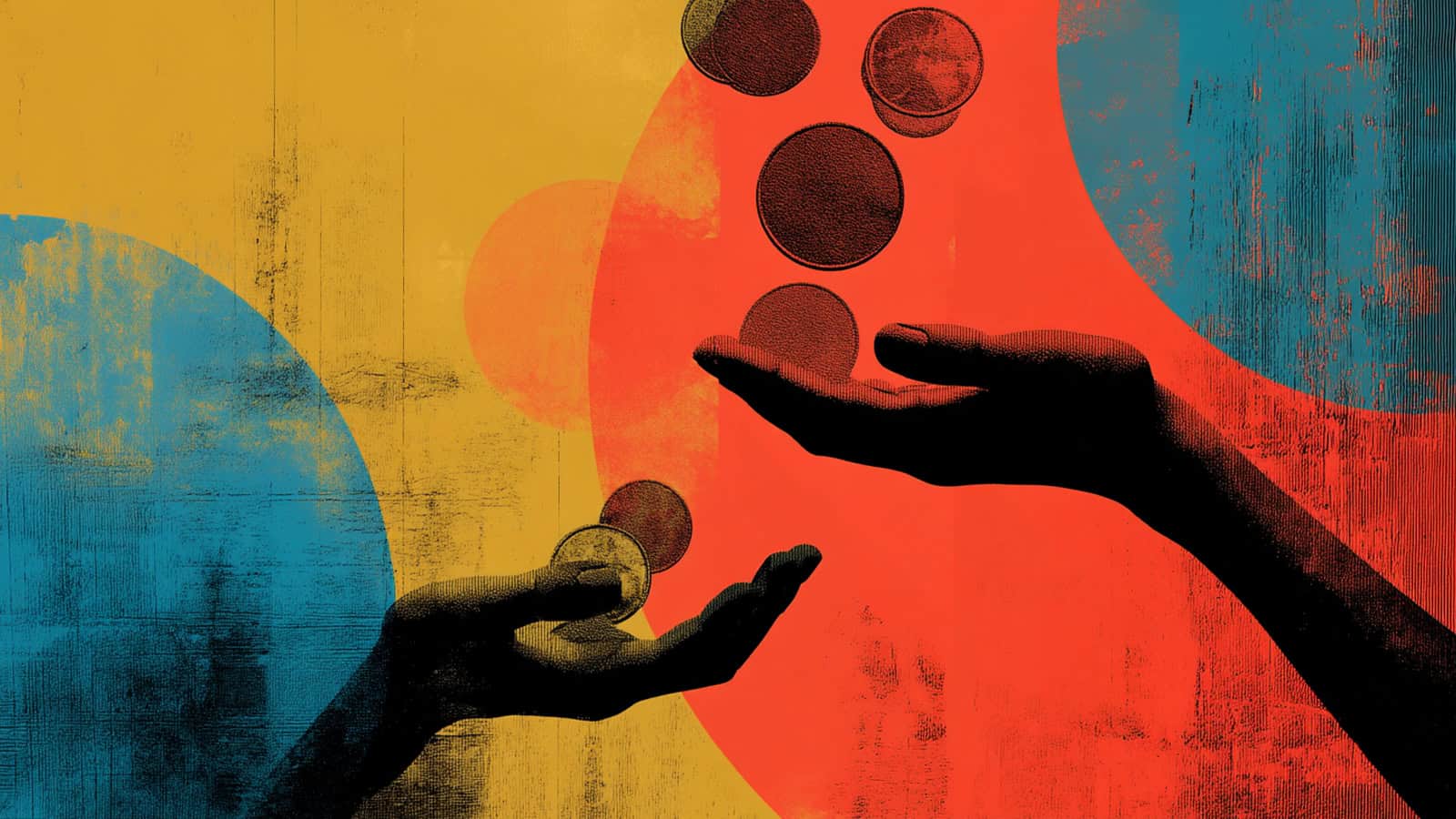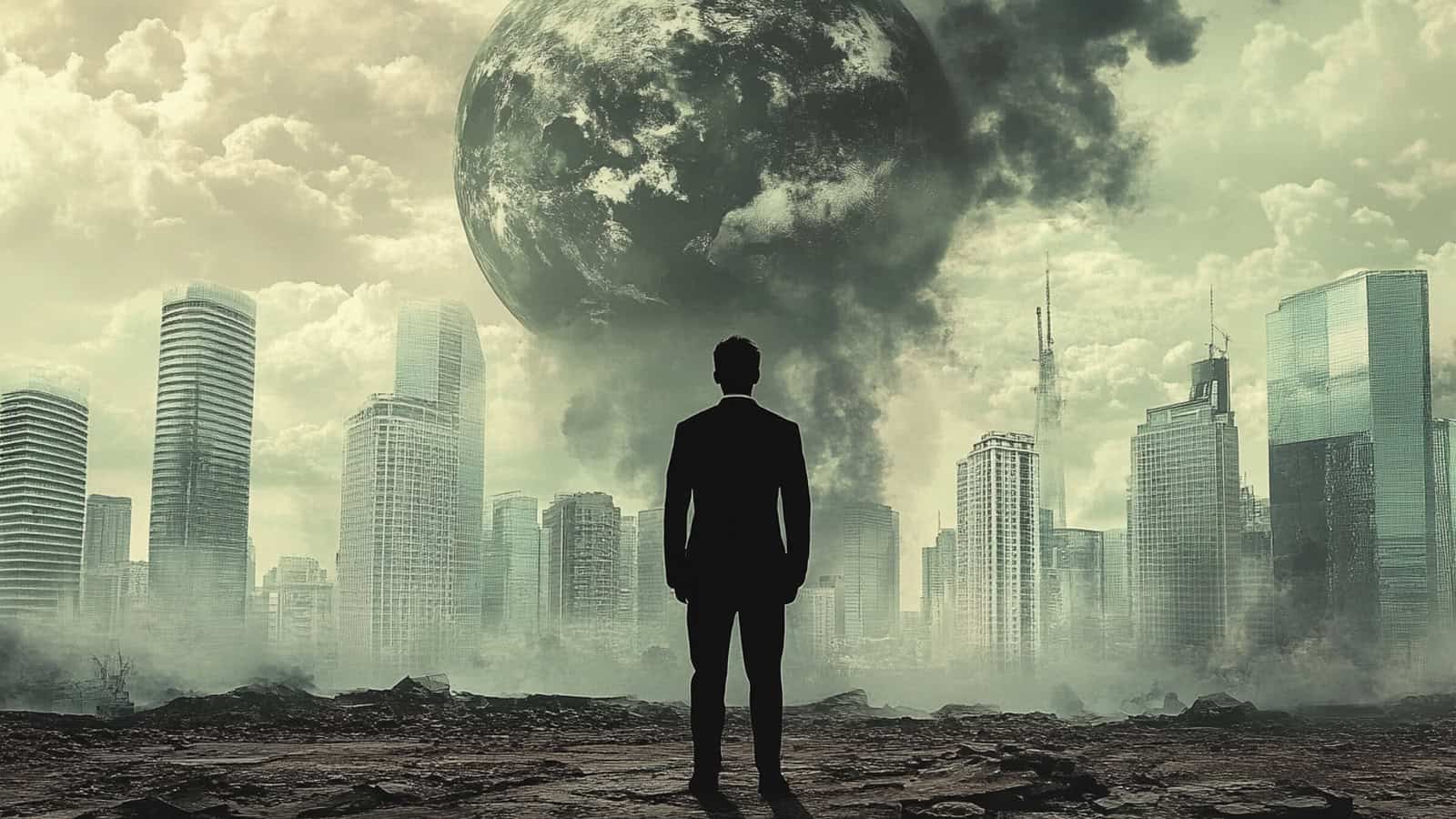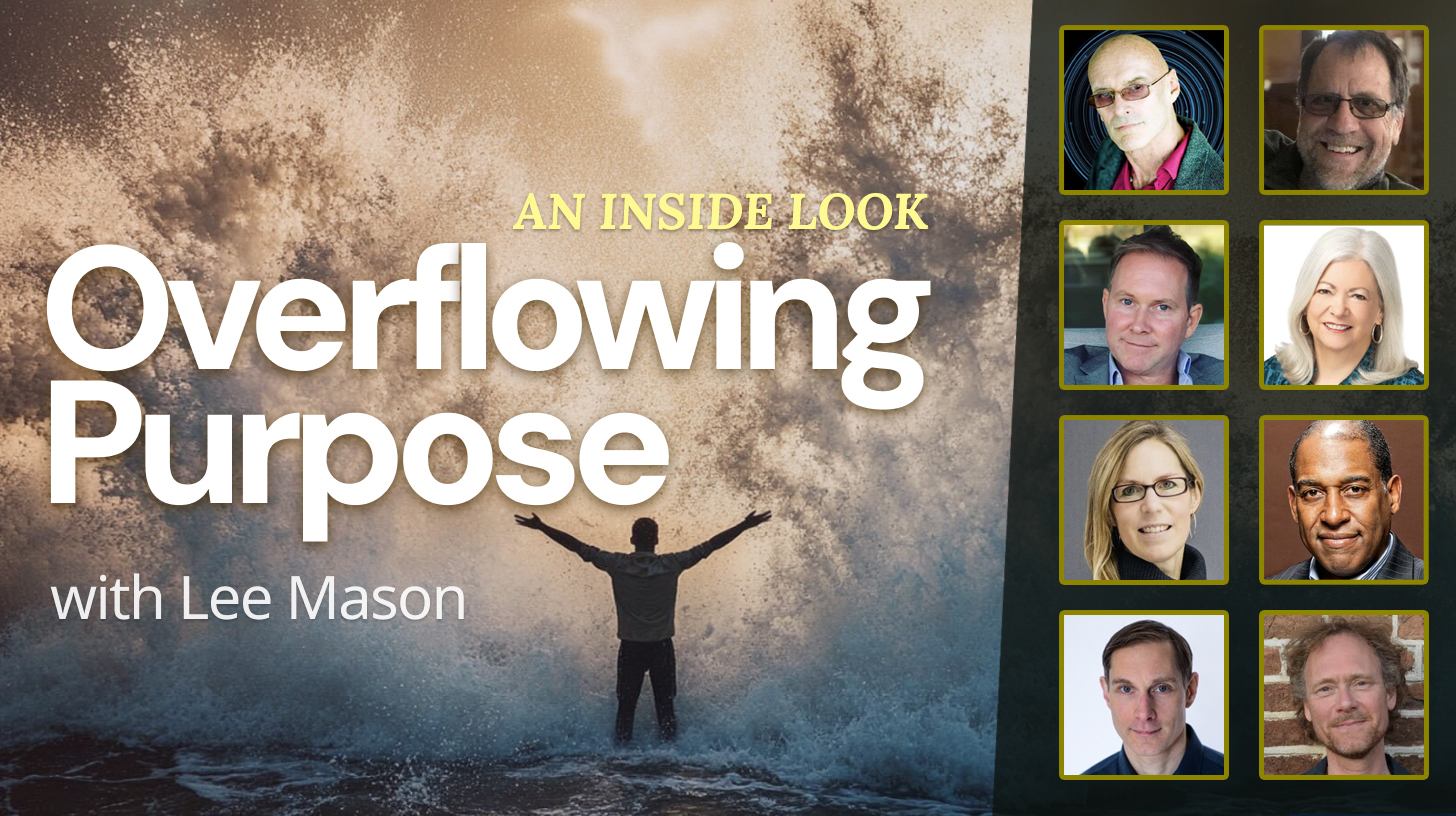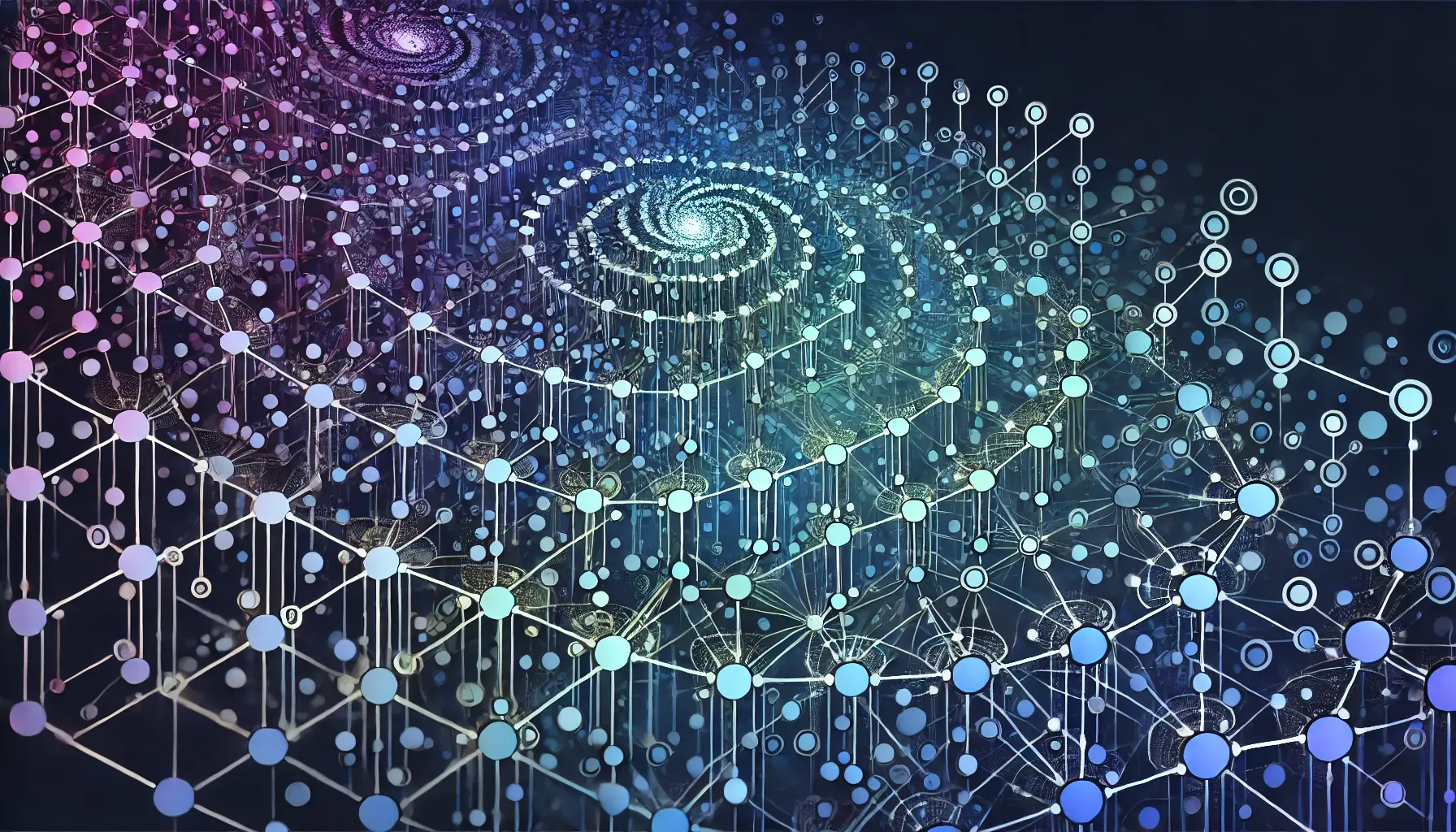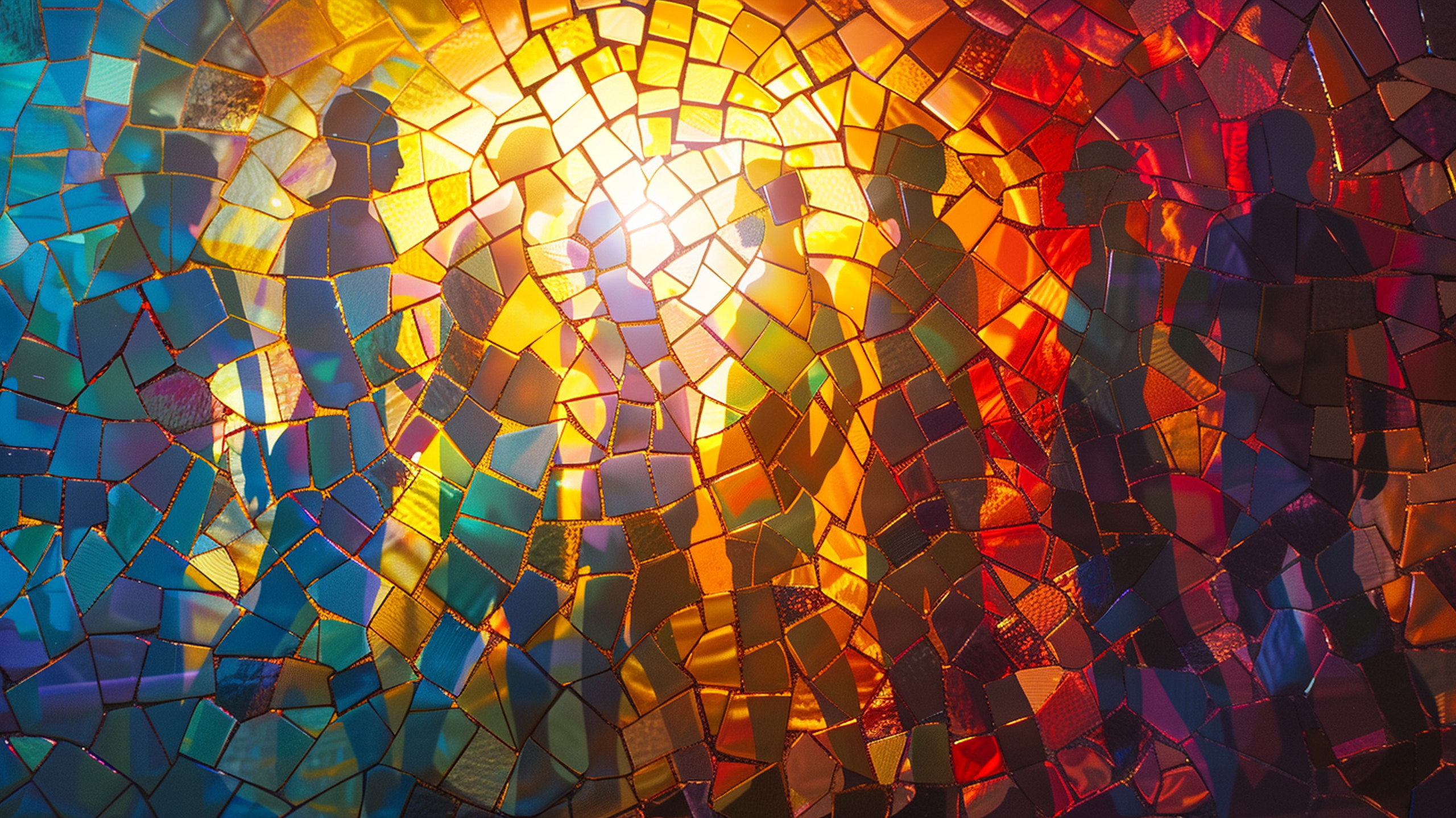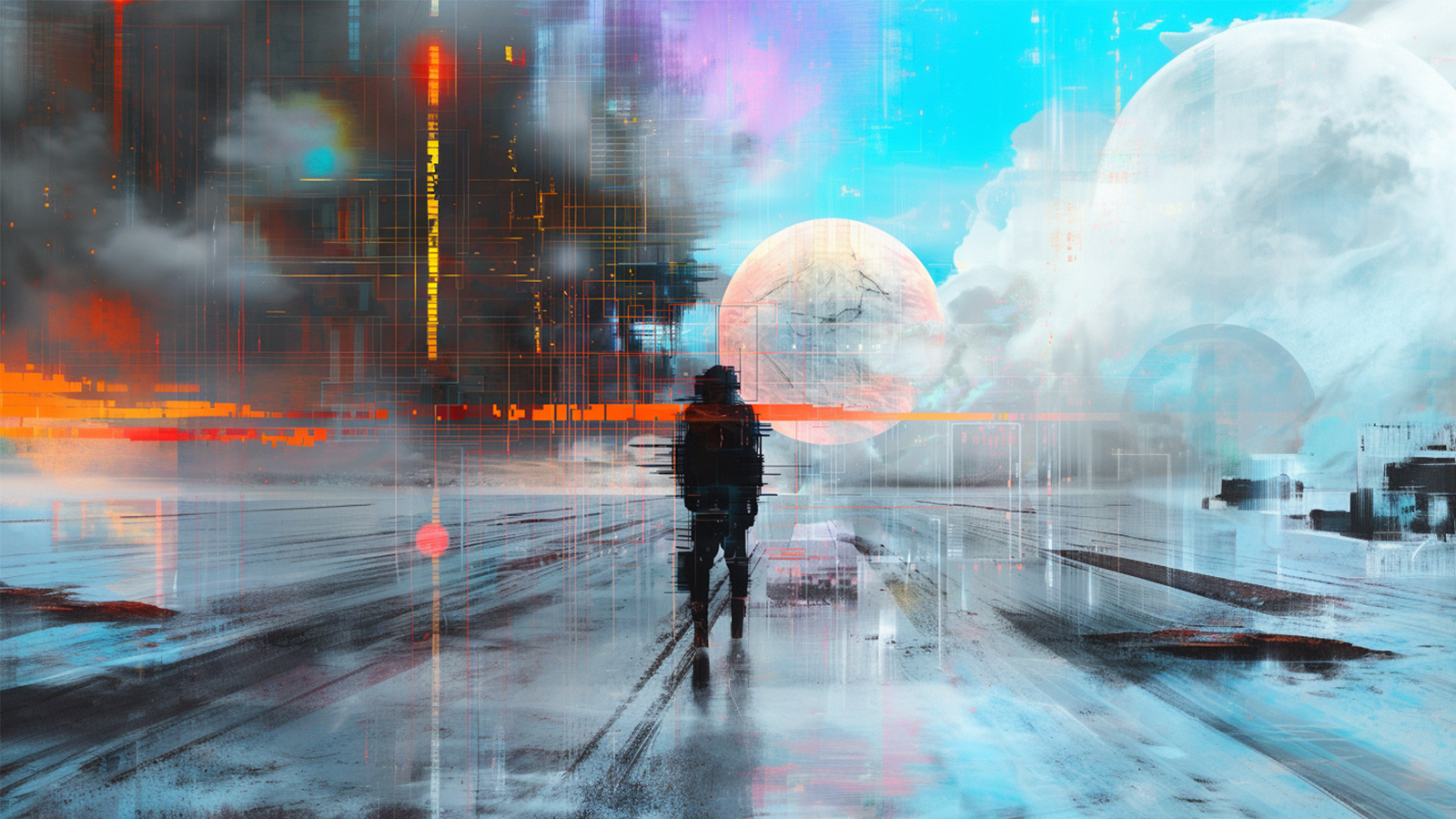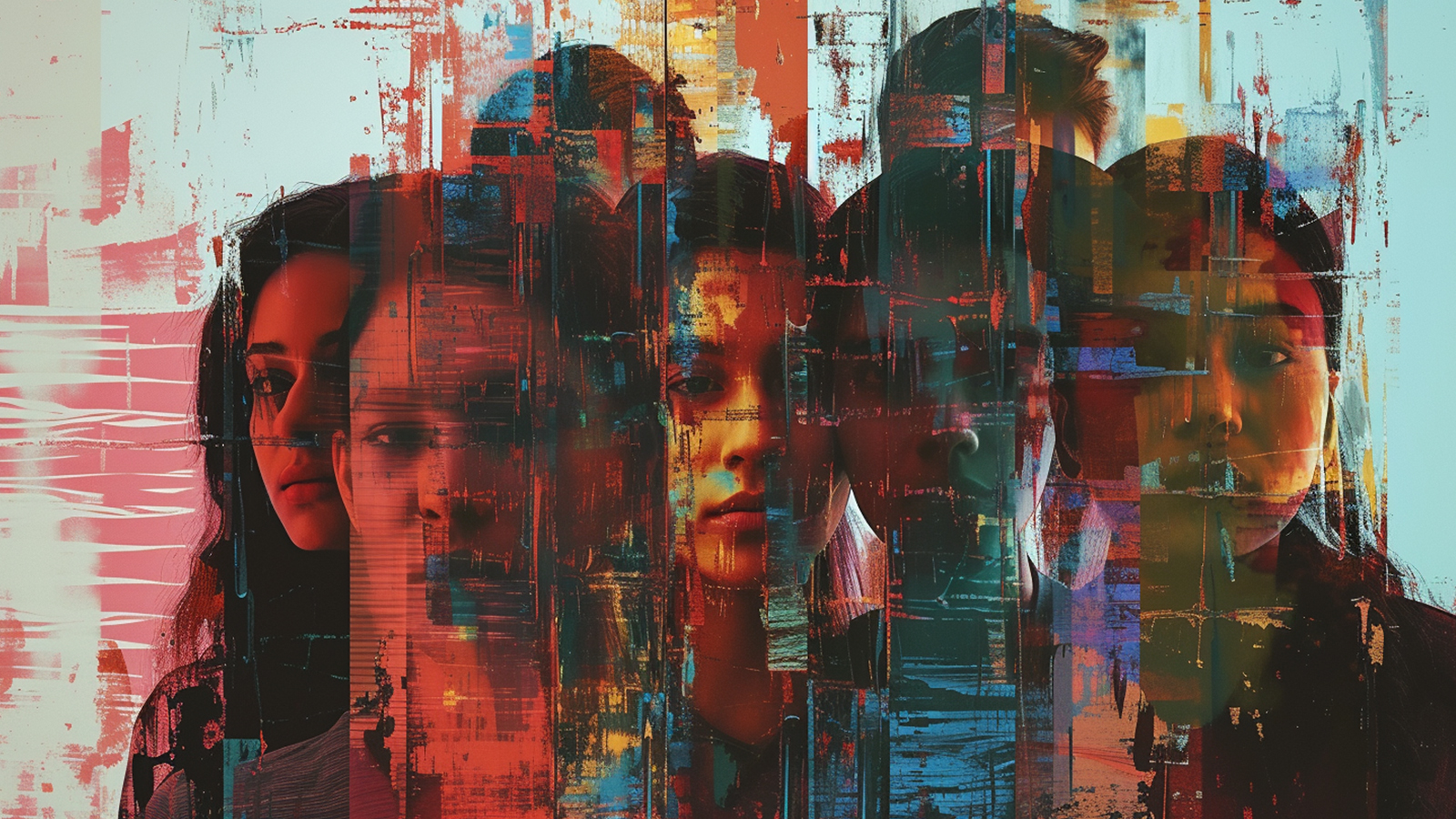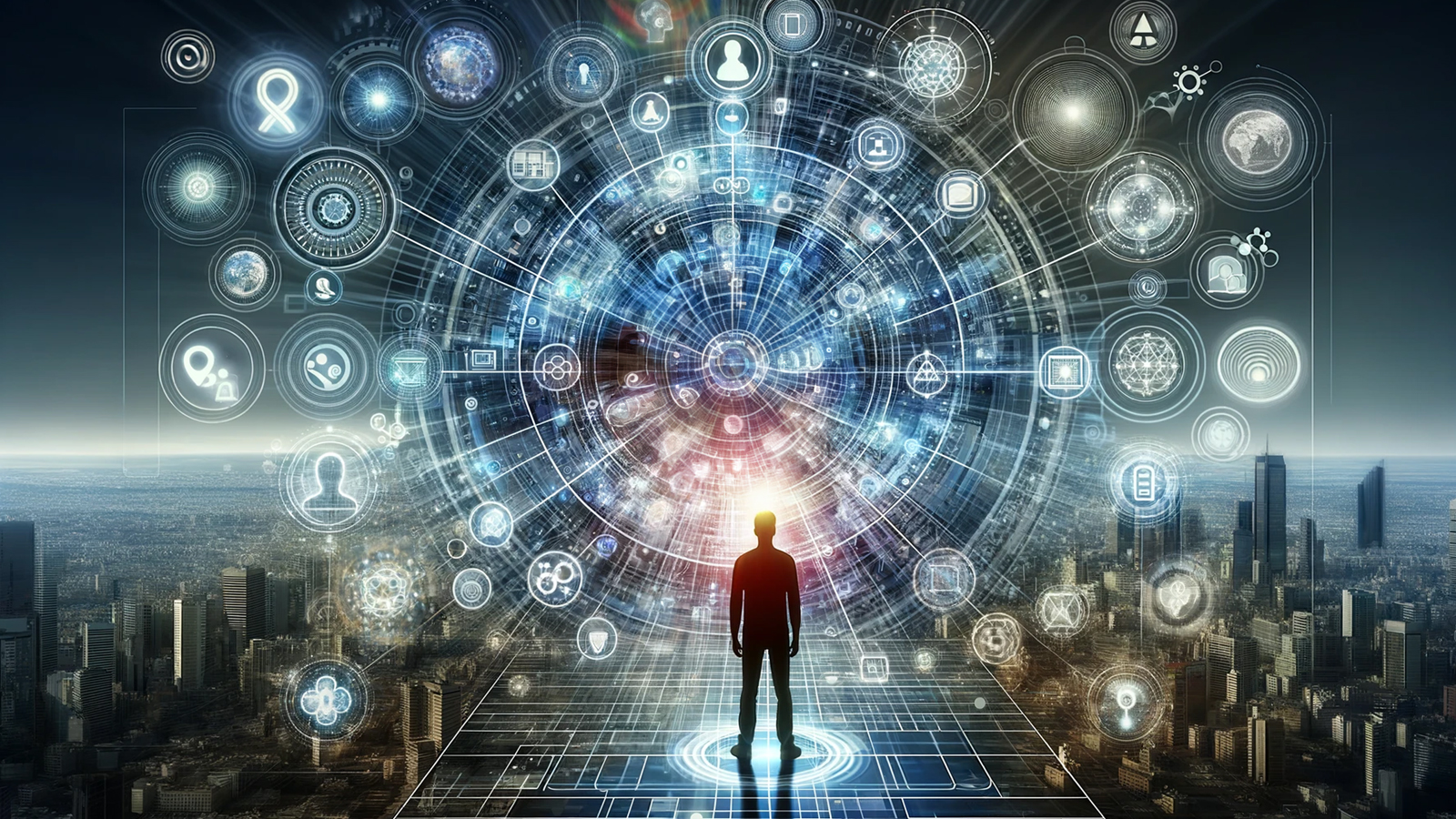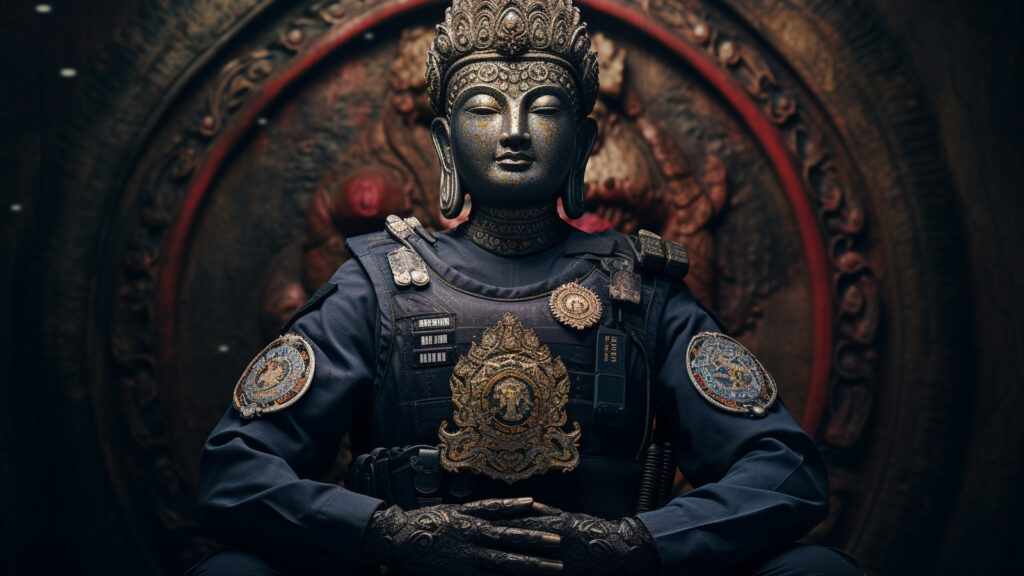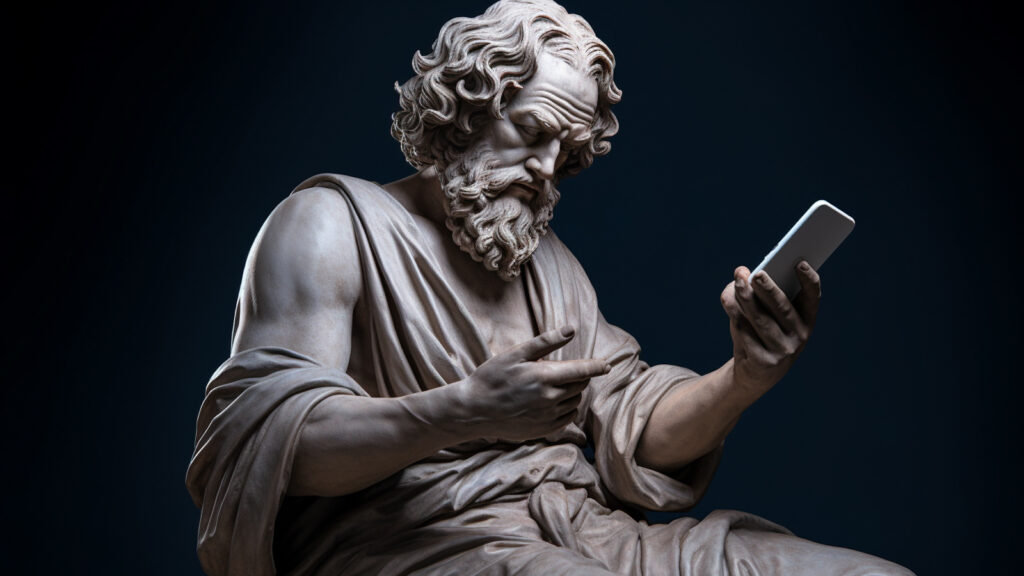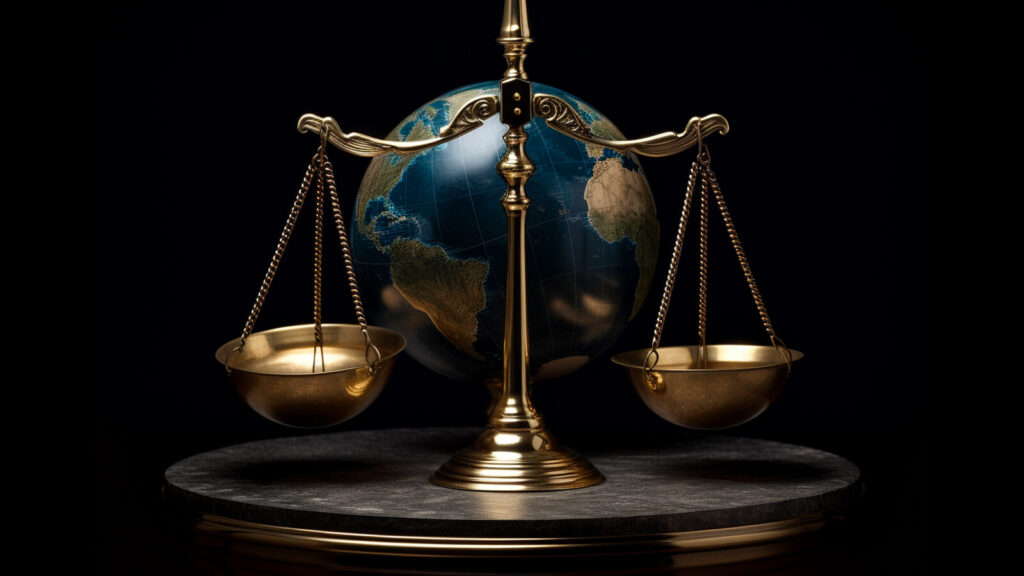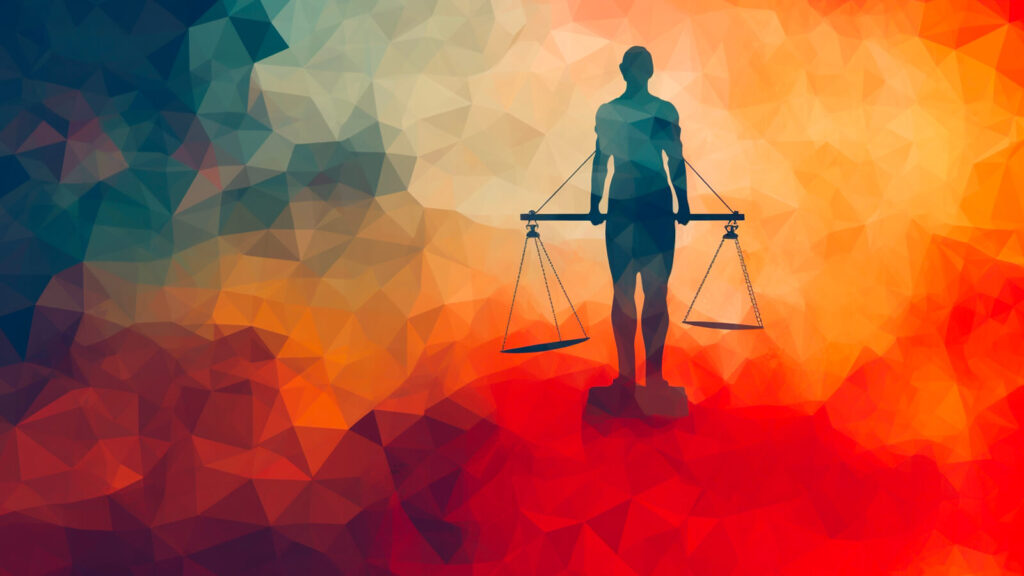IAM scholars Brandon Norgaard, Nicholas Hedlund, PhD, and Claudia Meglin provide a sweeping (albeit provisional) cartography of emergent frameworks rooted in an “Integrative Worldview“—ranging from metamodernism and integral theory to systems science, process philosophy, and critical realism—that are converging around a shared impulse to address the root causes of our civilizational predicament.

World Affairs
If the world feels chaotic, fractured, or out of control, you’re not alone. Robb Smith calls our era the Transformation Age—a time of geopolitical, economic, and ecological upheaval. In this category, you’ll explore the global Metacrisis and trace the deep causal structures behind these challenges: from social and environmental systems to interiority, meaning-making, and consciousness itself. As Sean Esbjörn-Hargens and Nicholas Hedlund note, integrative metatheories like Ken Wilber’s Integral Theory and Roy Bhaskar’s Critical Realism are the only tools that give us a framework for understanding and confronting this vast web of interconnected, wicked problems. Let’s make sense of it together.


 July 16, 2025
July 16, 2025 